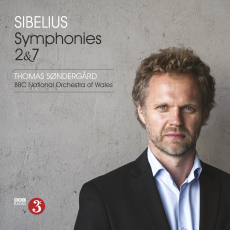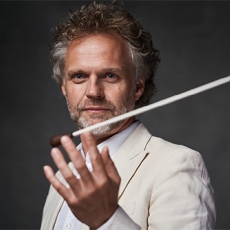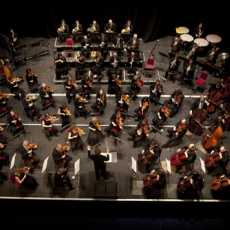Thomas Sondergard - Sibelius: Symphonies 2 & 7 - InfoDad
Cogency and thoughtfulness are also the hallmarks of the start of a new Sibelius cycle featuring the BBC National Orchestra of Wales conducted by Thomas Søndergård. The first Linn Records disc in this series offers an outstanding Symphony No. 2 and a less-special but nevertheless very well-done Symphony No. 7. In the Second, Søndergård's pacing sounds inevitable: each movement proceeds at what seems to be just the right tempo or set of tempos, with the result that the work ebbs and flows stylishly and with a sense of constant unfolding. Søndergård is particularly strong in the second movement, using rubato (which is called for in the tempo indication) judiciously and carefully to build the effectiveness of the music; the result is that the third movement, Vivacissimo, produces an even more-intense contrast than usual, propelling the musical argument along strongly and helping make the finale a true capstone. The orchestra's playing is warm, sensitive and knowing here, and the strength of the overall interpretation is aided significantly by the musicians' clear sensitivity to Sibelius' penchant for abrupt changes that, cumulatively, are highly effective in producing a mood of triumphal strength and a kind of defiance. The Seventh comes across almost as well. Originally seen by the composer as a fantasia, this single-movement symphony works best when it breaks down into individual sections while at the same time sounding cohesive throughout. Søndergård's interpretation is a touch on the disconnected side: he highlights the changes in tempo and mood very effectively, but at the expense of an overall feeling of cohesion - a feeling, ironically, that he attains in the Second despite the distinct differences within and among that work's four movements. The orchestra's playing in the Seventh is, however, just as fine as in the Second, and Søndergård's approach shows the ways in which Sibelius made individual portions of the Seventh stand out from others, not only through obvious tempo differences but also with subtle changes in rhythm, orchestration and emphasis. The very fine recorded sound of the disc enhances the performances throughout and indicates that Søndergård's entire Sibelius cycle stands fair to be an excellent one.


